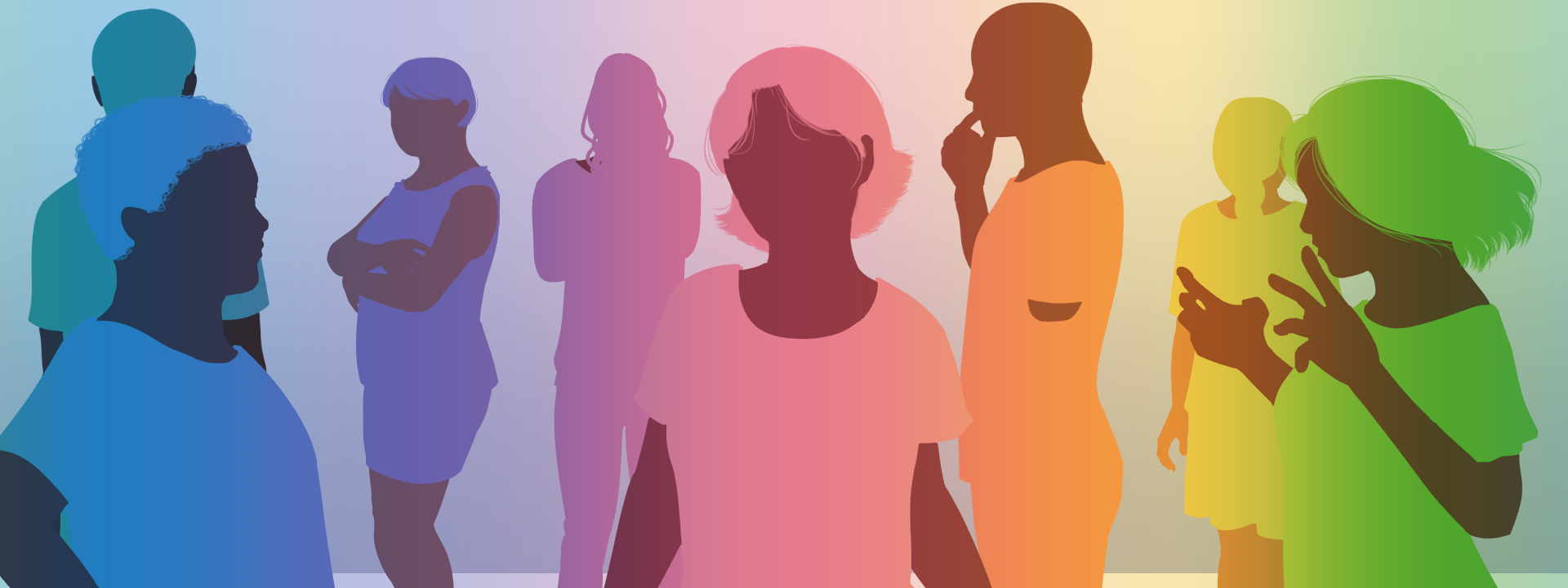Being discriminated against because of gender is nothing new. Gender discrimination has been a part of social discourse for many years now. However, recent years have seen a large increase in people being vocal about equality in all its forms.
Extending from the big hitters like gender and race, equality now includes anyone not seen as “typical,” from physical deformations to differences in the way our brains process information, and even combining multiple categories. For example, the concern of this article. What are the differences in identifying, diagnosing, treating, and providing resources for autistic women, or simply autism, as opposed to only autistic men?
Is there really a difference?
The first question many people have… or let’s face it, most never have this question because it nevers enters our awareness. The first thing most people might assume is that autistic men and women will express their autism in the same way. Yes, we all know that Autism is a spectrum, and ignoring individual differences, most people have the impression that a similar point on the spectrum would look the same for a man and a woman. Unfortunately, as with many women’s issues, there is very little science or data in this area.
What is it like being different?
Research into autism in females is relatively new. While mental health practitioners have been around as long as physical health practitioners, research into more modern labels like autism and ADHD have not been around very long. And while we may feel we’ve learned a lot in the past couple decades, we have only begun to parse out the differences in autism for different categories of people. As we all know, no two people are the same. This is especially true for autism in women. So much of the research has been based on male subjects because it has been widely believed to be a male issue. Here are some recent findings about the experiences of autistic women, their traits and “peculiarities” that many experience more often than the traditional male experience of autism.
- Often preferences that are not considered popular, feminine, or fashionable
- Over analyzing social interactions
- They overthink, about what they did or did not say or do
- ASD diagnosis is often at later stages in life for women
- Others consider her different, odd, eccentric or “weird”
- May feel like she has to act “normal” to please others
- Greater delays for women between initial evaluation and ASD diagnosis
- Burns bridges or quits relationships suddenly
- Often have only 1 or 2 friends
- Difficulty managing conflict, confrontation, and stress
- Difficulties communicating thoughts and feelings; better in writing
- May offend others on accident, appear aggressive or too intense
- More prone to meltdowns at home by releasing pent up emotions
- Tendency to take things literally, missing what people are trying to say
- She is not in tune with trends and social norms, so appears naive or immature
More likely to be part of the LGBTQ community
Does this sound familiar? Do you know anyone who might fit these personality traits and characteristics? I’m sure we all do, but it doesn’t necessarily mean they are autistic. People’s personalities are unique and different. On the other hand, for some women, who might feel alone or outcast from society, reading about how autism presents itself differently in women than for men can be the spark that forever changes their outlook and perspective. There is no test to quickly diagnose autism, for men or women. It is a process that can be difficult to navigate, especially dependent on where you live and what services are available. This process is typically made worse for women, because of the outdated notion that autism is only found in males. The image people have developed in their heads of what autism looks like does not fit how many autistic women present themselves to the world.
Women are often socialized differently, which has led to a lack of understanding of how autism presents in women given the social context
Being an autistic woman can be particularly isolating, especially when they already feel different. Consider reaching out to others who have experience, either personally or professionally, with autism as it relates specifically to women. Hopefully, as research and data progresses about autism in women, we will also see a corresponding increase in awareness and available resources. The internet is also a valuable resource to find and connect with others who might be in the same situation as yourself, whatever that may be.

